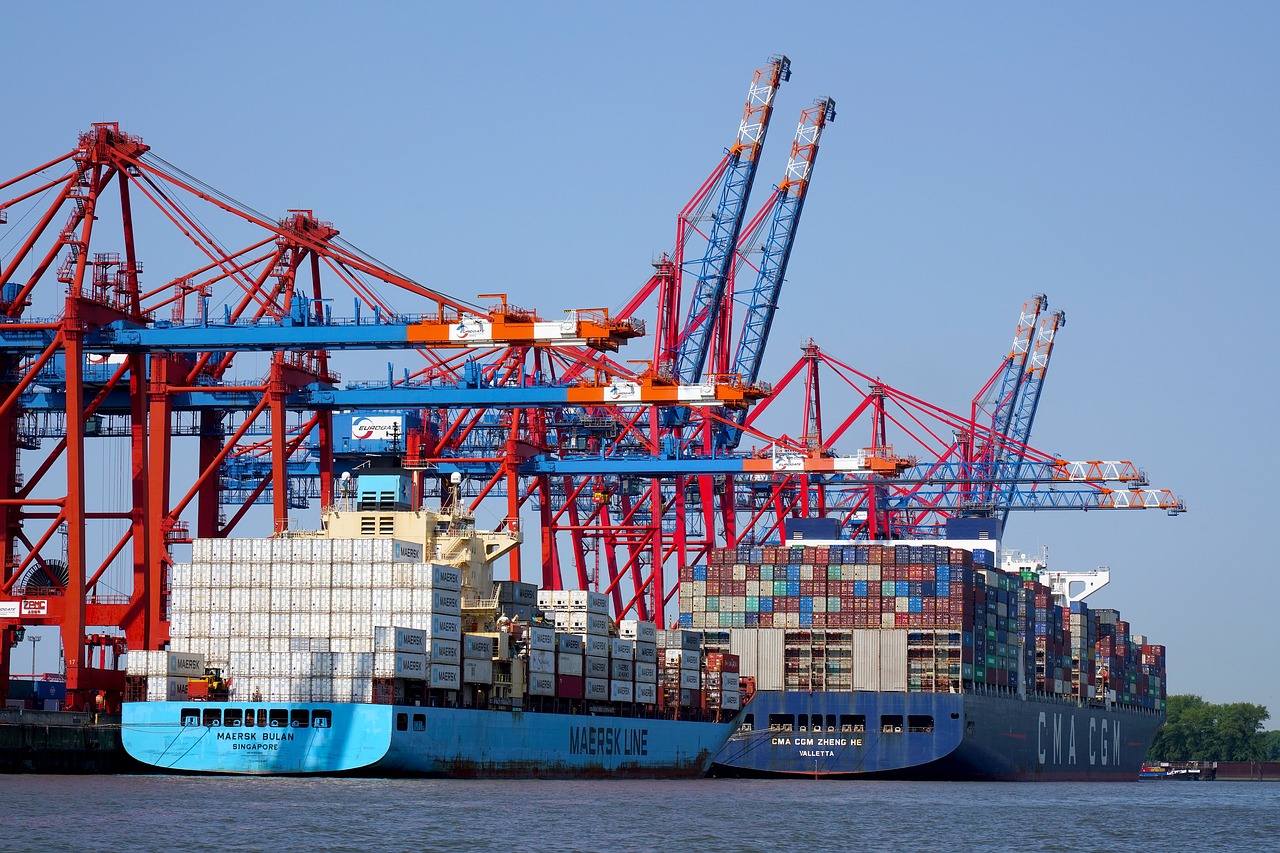Latest Blogs

Decentralised Supplychain system
Impact of Blockchain in the Supply chain
15th March 2024
Supply chain-based blockchain technology has emerged as a transformative force in the global business landscape, revolutionizing the way goods and services are produced, distributed, and consumed. At its core, this innovative approach leverages decentralized ledgers to create transparent, immutable records of transactions and events across the entire supply chain ecosystem. By decentralizing data storage and management, blockchain ensures that information is securely shared among stakeholders while maintaining integrity and confidentiality.
One of the key advantages of blockchain in supply chain management is its ability to enhance traceability and transparency. Every transaction, from the sourcing of raw materials to the delivery of finished products, is recorded on the blockchain in real-time. This level of transparency enables stakeholders to track the movement of goods at every stage of the supply chain, reducing the risk of fraud, counterfeiting, and unethical practices. Additionally, blockchain facilitates the authentication of product origins and certifications, providing consumers with greater confidence in the authenticity and quality of the items they purchase.
Another significant benefit of blockchain technology in supply chain management is its potential to streamline processes and reduce operational costs. Smart contracts, self-executing agreements programmed on the blockchain, automate various tasks and workflows based on predefined conditions. For example, smart contracts can automatically trigger payments to suppliers upon the receipt of goods, eliminating the need for manual intervention and reducing administrative overhead. Furthermore, blockchain enables the digitization of paper-based documentation and the creation of a single source of truth for all supply chain-related data, leading to greater efficiency and productivity.
Moreover, blockchain-based supply chain solutions offer unparalleled resilience and security. The decentralized nature of blockchain networks means that data is distributed across multiple nodes, making it resistant to tampering, hacking, and data breaches. Each transaction on the blockchain is cryptographically secured and linked to previous transactions, creating an immutable audit trail that provides a verifiable record of events. This level of security instills trust among supply chain participants and ensures the integrity and authenticity of the data exchanged.
In conclusion, supply chain-based blockchain technology holds immense promise for transforming the way businesses collaborate, innovate, and compete in the global marketplace. By harnessing the power of decentralized ledgers, transparent transactions, and automated smart contracts, organizations can unlock new opportunities for efficiency, transparency, and trust in supply chain management. As blockchain continues to mature and evolve, its impact on supply chains worldwide is expected to grow, driving greater sustainability, accountability, and resilience across industries.